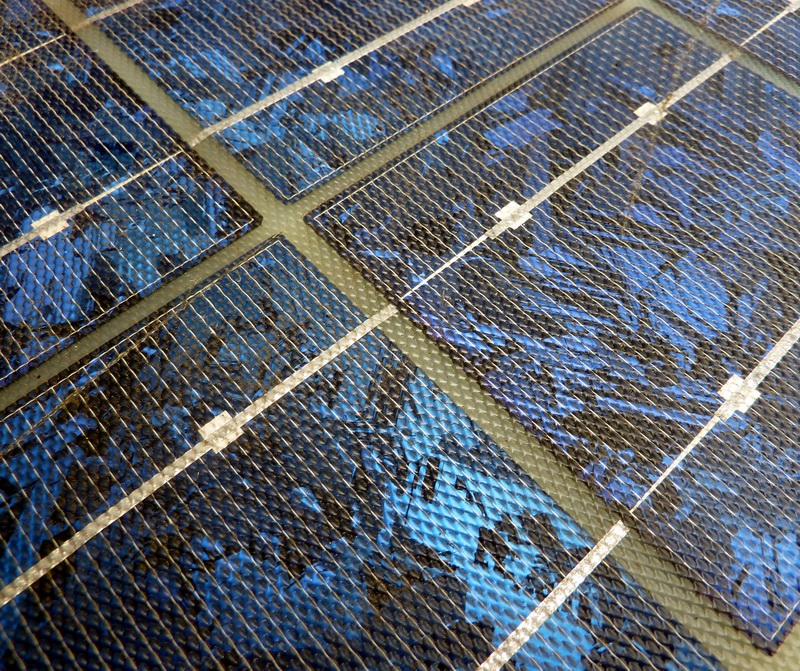Jaipur-based Rajasthan Electronics & Instruments Limited has invited bids to supply an aggregate 1.2 million quantities of multi-crystalline silicon solar cells rated for 4.50W (4-/5-busbar), 4.60W (5-busbar) and 4.67W (5-busbar) peak power.
Of these, 600,000 cells (200,000 quantities of 4.50W, 4.60W and 4.67W each) are tendered under the domestic content requirement (DCR) category and are to be supplied by Indian manufacturers only.
The solar cells should be 156×156 ± 1.0mm or 156.75×156.75 ± 1.0 mm in size, with cell thickness of 200±20 microns. Further, the front busbar must be at least 0.8 mm wide and the back busbar 1.0 mm. Cells with plasma-enhanced chemical vapor deposition of silicon nitride as anti-reflection coating are preferred.
To be eligible, the vendor should have a minimum of 50 MW per annum production capacity for crystalline silicon solar cells. It should have supplied an aggregate 4 MW of minimum 4.5W crystalline silicon solar cells to Indian customers during the last one year—ending June 2020 for DCR cells and ending July 2020 for others.
This content is protected by copyright and may not be reused. If you want to cooperate with us and would like to reuse some of our content, please contact: editors@pv-magazine.com.









By submitting this form you agree to pv magazine using your data for the purposes of publishing your comment.
Your personal data will only be disclosed or otherwise transmitted to third parties for the purposes of spam filtering or if this is necessary for technical maintenance of the website. Any other transfer to third parties will not take place unless this is justified on the basis of applicable data protection regulations or if pv magazine is legally obliged to do so.
You may revoke this consent at any time with effect for the future, in which case your personal data will be deleted immediately. Otherwise, your data will be deleted if pv magazine has processed your request or the purpose of data storage is fulfilled.
Further information on data privacy can be found in our Data Protection Policy.